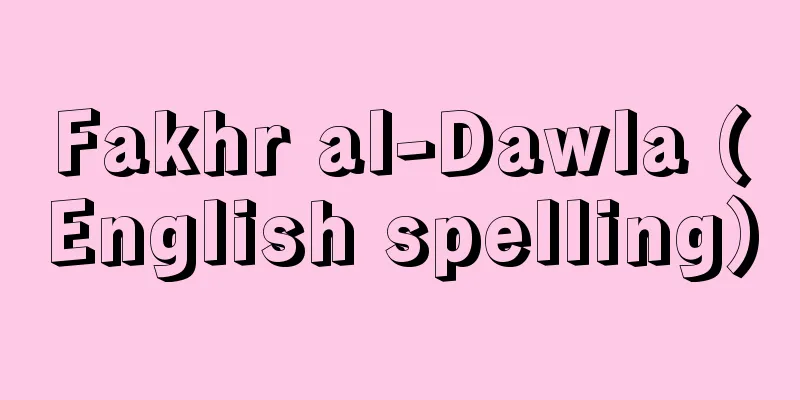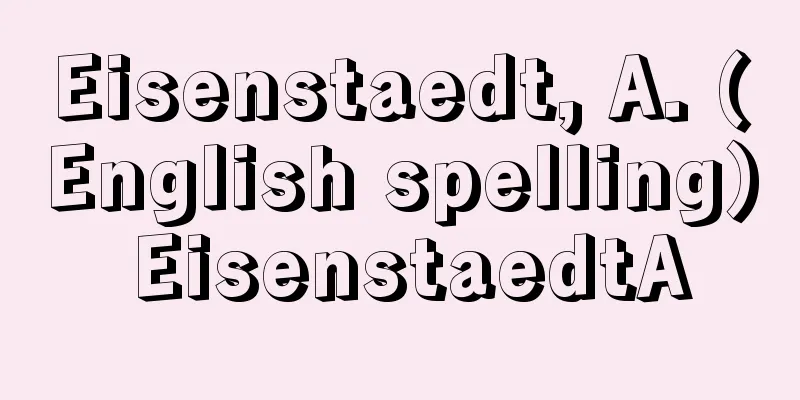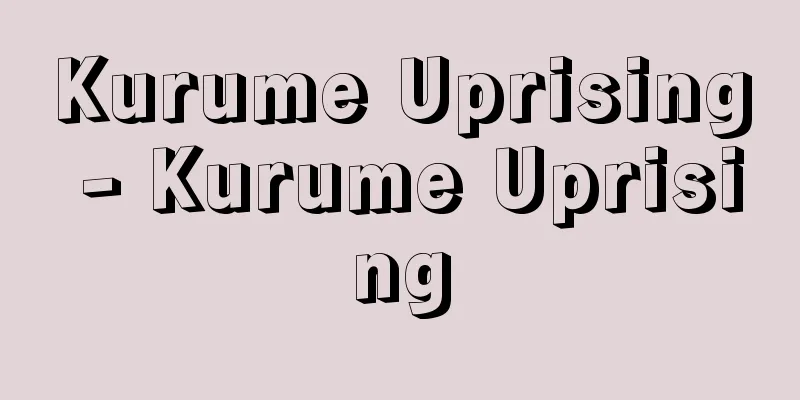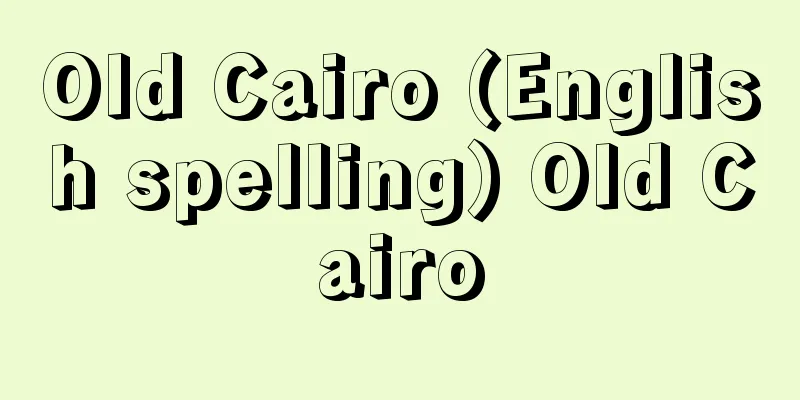Appeal lawsuit - Koukokusosho
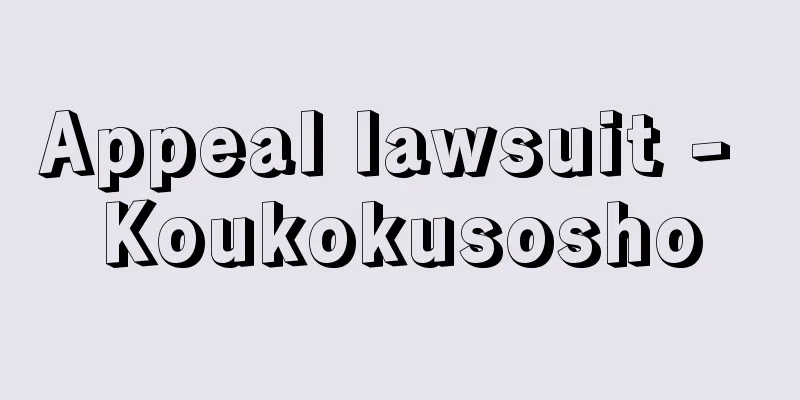
|
It refers to a lawsuit against an administrative agency regarding its exercise of public power (Article 3 of the Administrative Case Litigation Law). Traditionally, administrative activities have been considered to be divided into two types: public power activities and non-power activities. In the latter, the administration is in the same position as private citizens, so disputes over them are adjudicated in civil lawsuits. In the former, the administration is allowed to make unilateral decisions in a superior position to the people by applying the law, so even if the people are dissatisfied with this, a special relief system different from civil lawsuits is prepared. The name of the appeal lawsuit also comes from the view that a dispute over the administration's exercise of public power is similar to an appeal to a higher court against a decision of the first instance. This view is almost anachronistic from the current idea that the administration and the people are equal before the law, but such a fundamental review of the legal system is difficult to carry out. In civil lawsuits, the issue is whether or not there are rights and obligations, but in appeal lawsuits, the issue is whether the administration is following the law. There are two types of appeal lawsuits: lawsuits to set aside administrative agency's disposition or other actions that exercise public power, to restore the original state, or to redo the action, and lawsuits to set aside administrative agency's decision on a request for review, objection, or other appeal. In principle, a six-month statute of limitations must be observed to file these lawsuits. If this period is exceeded, exceptionally, a lawsuit for confirmation of invalidity of disposition, etc. or a so-called issue lawsuit (a payment lawsuit or confirmation lawsuit regarding the relationship of rights and obligations that assumes that the disposition is invalid) may be filed. When an administrative agency should have made a disposition or decision on an application based on laws and regulations, such as an application for a license or permit or an application for public assistance, but does not do so within a reasonable period of time, a lawsuit for confirmation of illegality of inaction is allowed. However, even if the plaintiff wins the lawsuit, it is not guaranteed that permission will be granted, and a disposition that does not allow permission may be issued, so this is an extremely half-hearted lawsuit. Therefore, a lawsuit for obligation to grant permission is necessary, which obligates the administrative agency to exercise a specific authority. There was previously no explicit provision on this issue, and there was some doubt about it, but the 2004 amendment to the Administrative Litigation Act (enforced on April 1, 2005) established an explicit basis for it. There was also previously contention over injunctive litigation, which prevents administrative agencies from exercising their illegal authority, but similar explicit provisions were established. There are some examples of use of both. [Yasuhito Abe] [Reference] | |Source: Shogakukan Encyclopedia Nipponica About Encyclopedia Nipponica Information | Legend |
|
行政庁の公権力の行使に関する不服の訴訟をいう(行政事件訴訟法3条)。伝統的に、行政の活動には公権力活動と非権力的活動の2種類があると考えられてきた。後者においては、行政も私人と同じ立場にたつので、それをめぐる紛争は民事訴訟により裁かれる。前者においては、行政が法律の適用により国民に対して優越的立場にたって一方的に決定することが認められているので、国民がこれに不服をもつ場合も、民事訴訟とは異なる特別の救済制度が用意された。抗告訴訟の名称も、行政の公権力の行使に対する争いは、第一審の決定に対してあたかも上級審に抗告するものに似ているとの見方に由来する。このような見方は、行政と国民が法の前には対等であるとの今日の発想からみれば時代錯誤に近いが、こうした法体系の根本的見直しはなかなか行われない。民事訴訟では権利義務の有無が争点になるが、抗告訴訟の争点は、行政が法令に従っているかどうかである。 抗告訴訟には、行政庁の処分その他公権力の行使にあたる行為を取り消し、原状に復帰させ、またやり直しをさせる処分の取消訴訟と、審査請求、異議申立て、その他の不服申立てに対してした行政庁の裁決について同様に取り消す裁決の取消訴訟がある。これらを提起するには原則として6か月の出訴期間を守らなければならない。この期間を徒過した場合、例外的には処分等無効等確認の訴えまたはいわゆる争点訴訟(処分が無効であることを前提とする権利義務関係に関する給付訴訟、確認訴訟等)を提起することが許される。行政庁が許認可の申請や生活保護の申請等、法令に基づく申請に対し相当の期間内になんらかの処分または裁決をすべきであるにもかかわらずこれをしないときは不作為の違法確認の訴えが許されるが、原告が勝訴しても、許可等がなされるとは限らず、不許可処分がなされることがあるので、きわめて中途半端な訴えである。そこで、許可せよといった、行政庁に特定の権限行使を義務づける義務づけ訴訟が必要である。これについては、従来明文の規定がなく疑義があったが、2004年(平成16)の行政訴訟法改正(2005年4月1日施行)により明文の根拠がおかれた。また、行政庁の違法な権限発動をあらかじめ阻止する差止訴訟についても従来争いがあったが、同様に明文の規定が置かれた。いずれについても、若干活用例が出ている。 [阿部泰隆] [参照項目] | |出典 小学館 日本大百科全書(ニッポニカ)日本大百科全書(ニッポニカ)について 情報 | 凡例 |
<<: Alternating calculation - Kogokeisan
Recommend
Wang Bi - Wang Bi
A scholar from the Wei dynasty during the Three K...
Chinese law
The legal system in China. In French and German, l...
Kanakurabuchi - Kanakurabuchi
… [Keiji Ueda] [The Legend of the Sunken Bell] Th...
Mycenaean Documents - Mycenaean Monjo
A general term for documents written in Linear B. ...
Aepyornis maximus (English spelling) Aepyornismaximus
…Based on the size of the skeleton, at least six ...
Utsunomiya Castle
Hirajiro Castle was located in Utsunomiya City, To...
Kino Pravda
...In 1922, Dziga Vertov, the Russian avant-garde...
Campbell sunshine meter - Campbell sunshine meter
...An instrument for recording the hours of sunsh...
Andrzejewski
Polish novelist born in Warsaw. He wrote many work...
Torelli
Italian composer and violinist. Also called Torell...
Rengeoin Temple
Located in Higashiyama Ward, Kyoto City, this temp...
Chironomy - Chironomy
…Originating from grammatical accent marks, they ...
Asaf Khan - Asaf Khan
…Son of the fourth emperor, Jahangir, who had wit...
Syracuse - Shirakyusu (English spelling) Syracuse
A city on the shores of Lake Onandoga in central ...
SCUBA diving
Diving in scuba gear. The Aqualung, developed by o...
